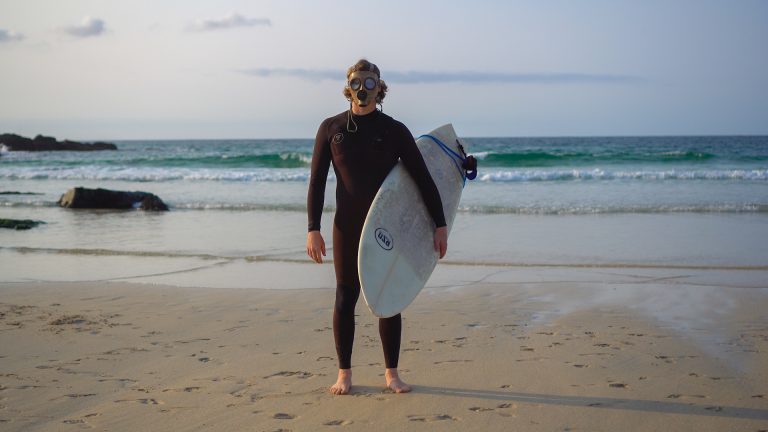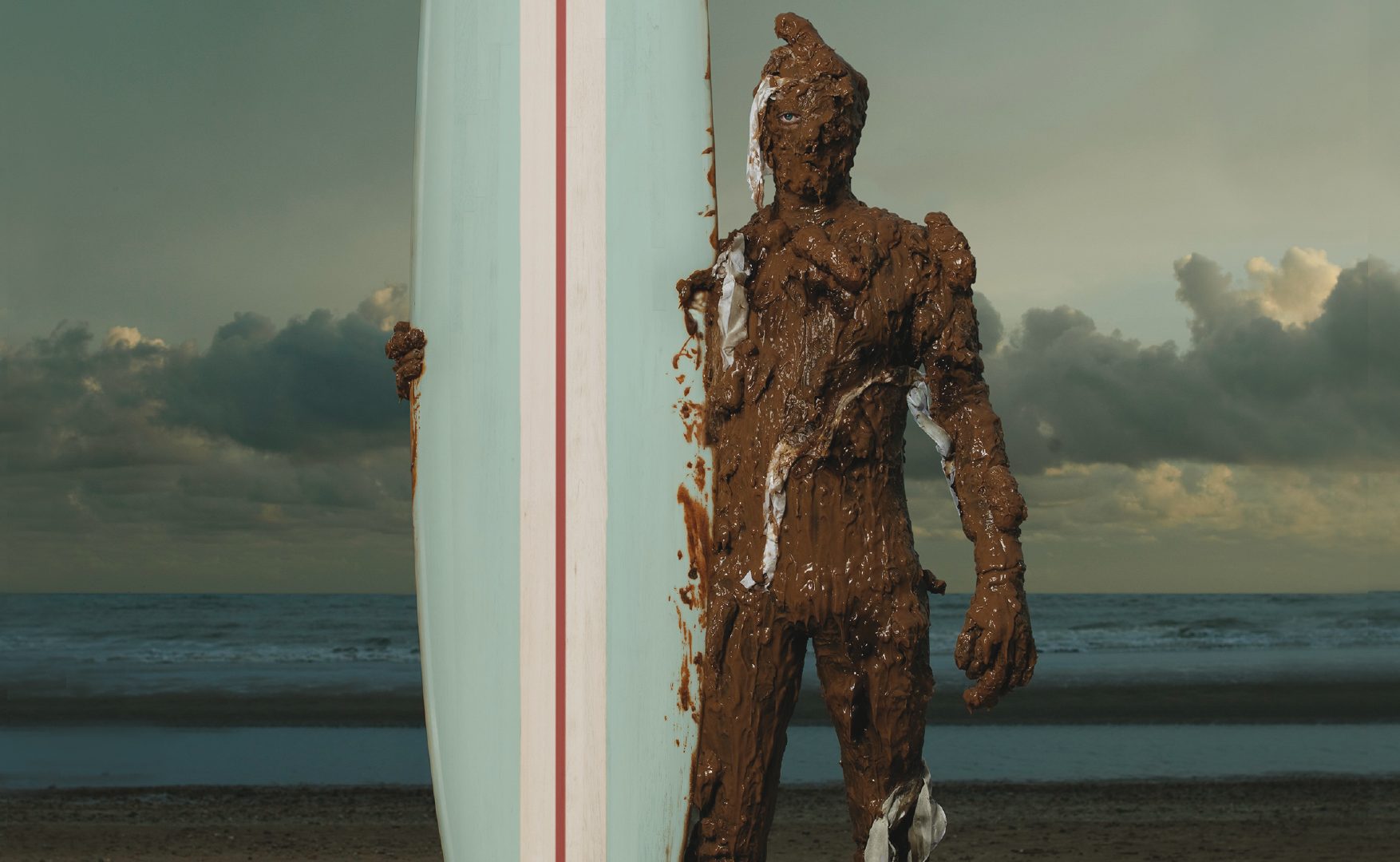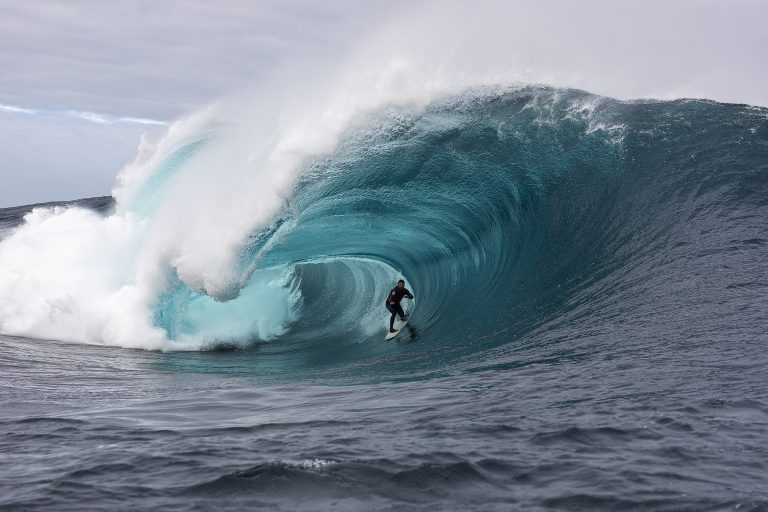
From upset tummies to liver damage, discover how sewage pollution is making us sick to our stomachs… literally.
Why does sewage pollution make us sick?
Human sewage contains bacteria and viruses (also known as pathogens) that have previously grown inside another person or animal. This means that they are accustomed to the human body and can live there quite comfortably. The vast majority of pathogens cause no harm. However, some can cause serious infections.
When surveyed, the majority (55%) of Brits who have tried wild swimming or sports in UK waters reported falling ill afterwards (on at least one occasion), with half admitting they’re scared to swim outside due to pollution. The presence of sewage might not stop the rest of us from hitting the surf regularly, but it’s important to understand the kinds of sickness that can be caused by entering polluted water. That way you can keep an eye out for symptoms and make educated decisions about treatment.
How does sewage pollution make us sick?
Sewage pollution can cause a whole range of illnesses. Check out our latest Water Quality Report to find out what people are reporting to us. And read on to learn more about the kinds of illnesses you should be aware of that can be caused by sewage pollution.



